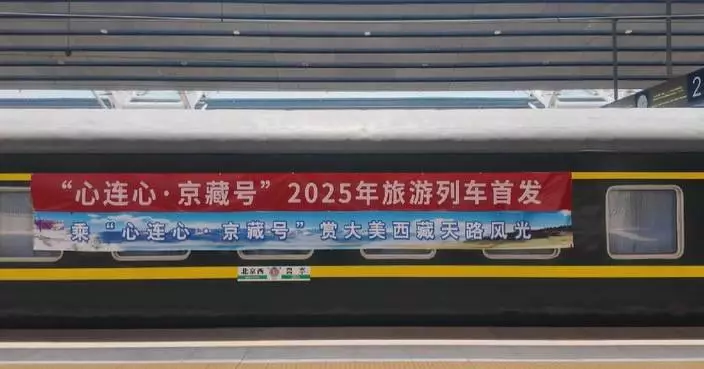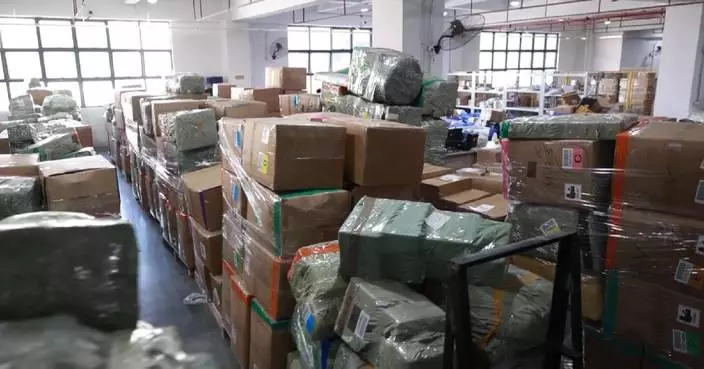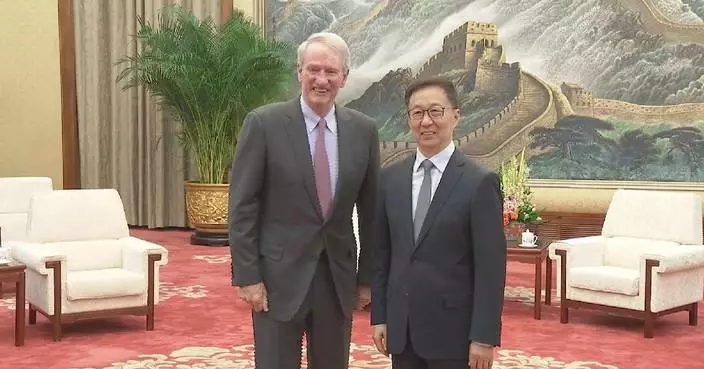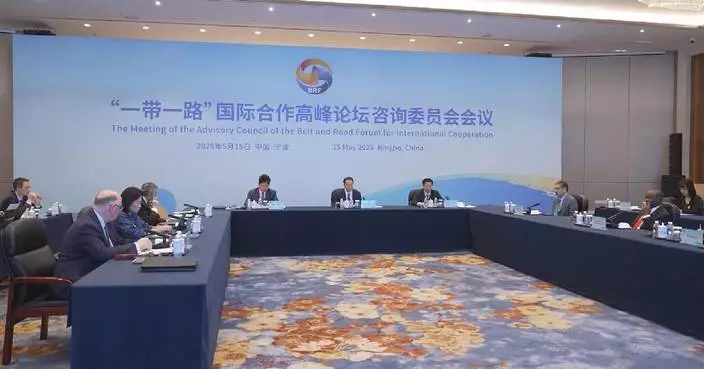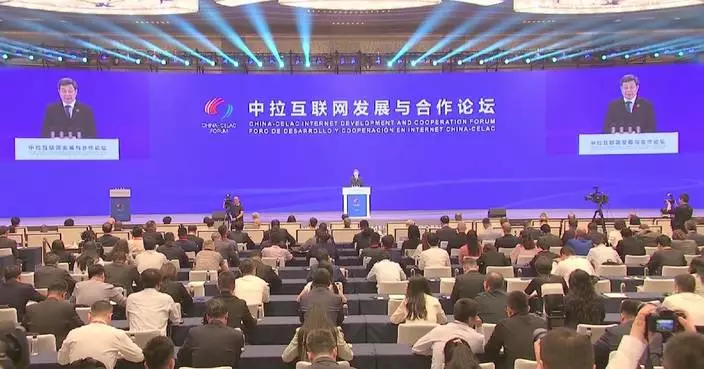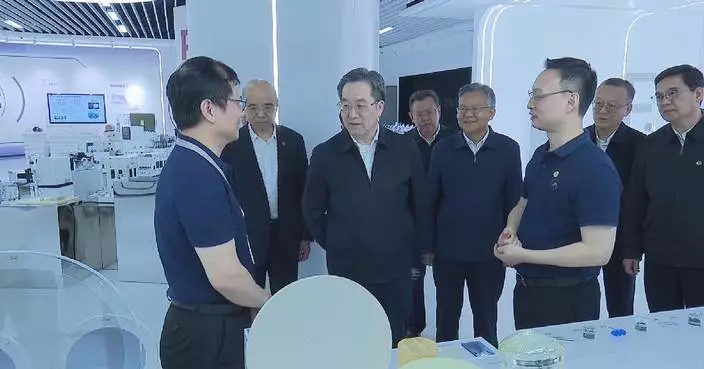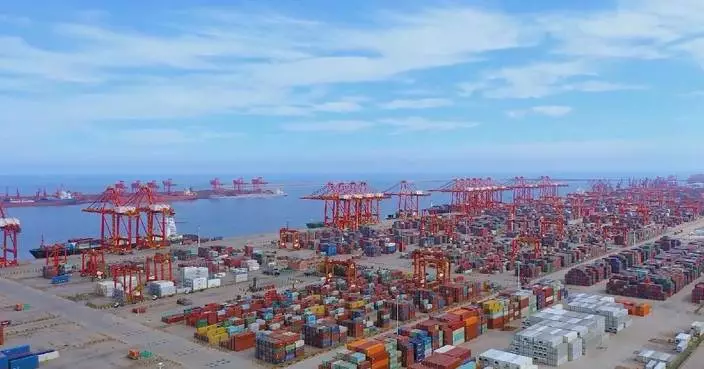Saulebek Kabilbekov, a Kazakh ophthalmologist working for 25 years in northeast China's Daqing Eye Hospital, has brought cure and hope to tens of thousands of patients with his superb skills, and has contributed significantly to bilateral friendship.
As one of the 2023 Chinese Government Friendship Award winners, Kabilbekov's bond with China dated back to the 1990s, when he was invited to offer his expertise to the treatment of eye disorders in Daqing, Heilongjiang Province.
"In 1998, I got a call from former hospital director Yu Yaoguang to invite me to work here. I have been working in ophthalmology in China for 25 years. During this period, I have successfully treated over 200,000 patients and performed more than 20,000 surgeries personally," he said.
Kabilbekov said he believes being a doctor is a noble profession that requires dedication and a strong sense of responsibilities.
The group of international experts led by Kabilbekov is also committed to training young doctors and sharing experiences at the hospital.
Kabilbekov said some new technologies introduced by his team have proven effective in optical correction and myopia control.
"The past few years have seen the emergence of many new surgical methods. Surgeries would mean large incisions and sutures in the past. Now thanks to the development of surgical equipment, incisions become very small, and sutures are no longer needed. And the recovery from eye surgery is very fast," said the ophthalmologist.
The hospital also has an ophthalmology museum to popularize eye health education and offers free lectures on eye care to kids.
China-Kazakhstan relations are put under the spotlight as Chinese President Xi Jinping arrived in Astana on Tuesday for a summit of the Shanghai Cooperation Organization and a state visit to Kazakhstan. In a written statement upon his arrival, Xi said that China and Kazakhstan have established a unique permanent comprehensive strategic partnership.
Having been living in China for over two decades, Kabilbekov is also a witness to the development of bilateral relations.
"There is no doubt that China has developed rapidly in recent years, which has made a positive impact on the global economy and has significantly strengthened the China-Kazakhstan partnership," said the ophthalmologist, adding that he's optimistic about sustained development of China-Kazakhstan friendship and more fruitful bilateral cooperation.
In the signed article published ahead of his state visit to Kazakhstan in September 2022, Xi mentioned the story of Kabilbekov as an example of China-Kazakhstan friendship. Kabilbekov said it gives him great pleasure to be recognized by the Chinese government.
"On top of that, this year I was honored with the 2023 Chinese Government Friendship Award. This is a big deal for me, and I am deeply grateful to the Chinese government for its recognition and support. I plan to continue working as long as my health allows and do my best to make contributions. Winning the award is a privilege but also a responsibility. I will use it to motivate myself and and live up to this honor with practical actions," he said.

Kazakh ophthalmologist dedicates 25 years to promoting eye health in China




